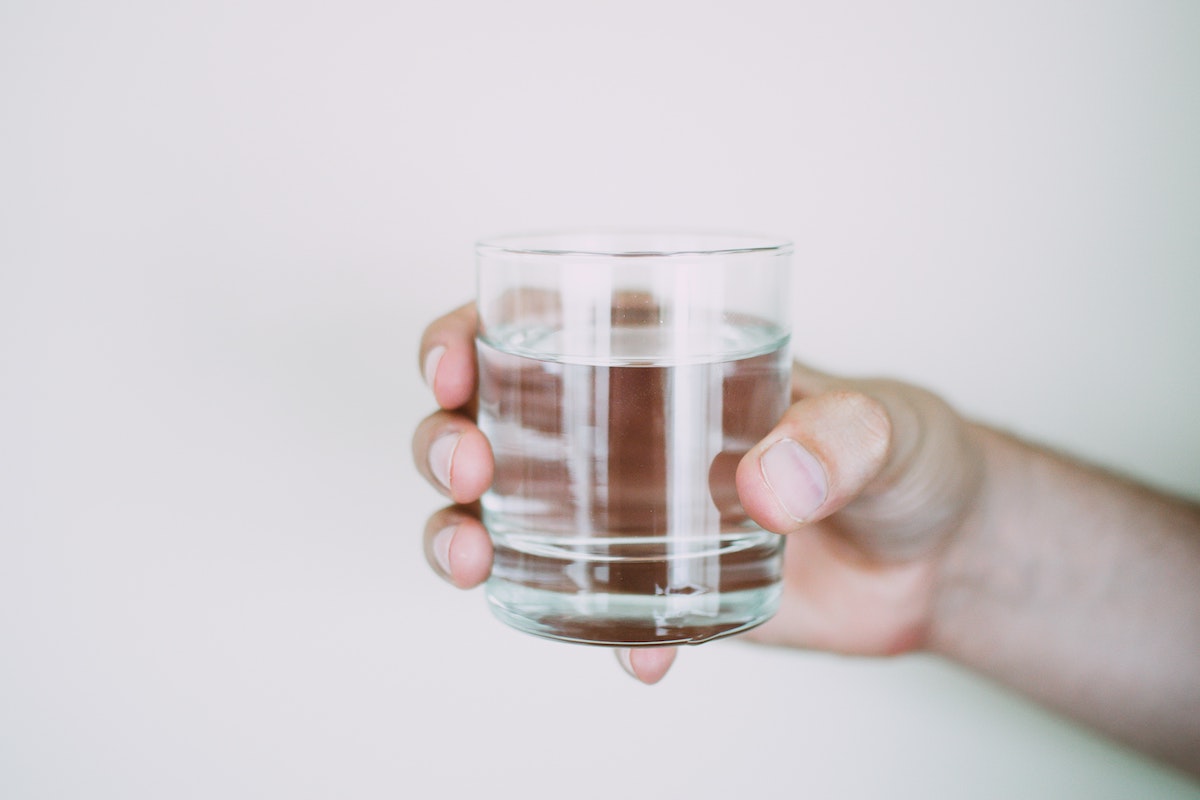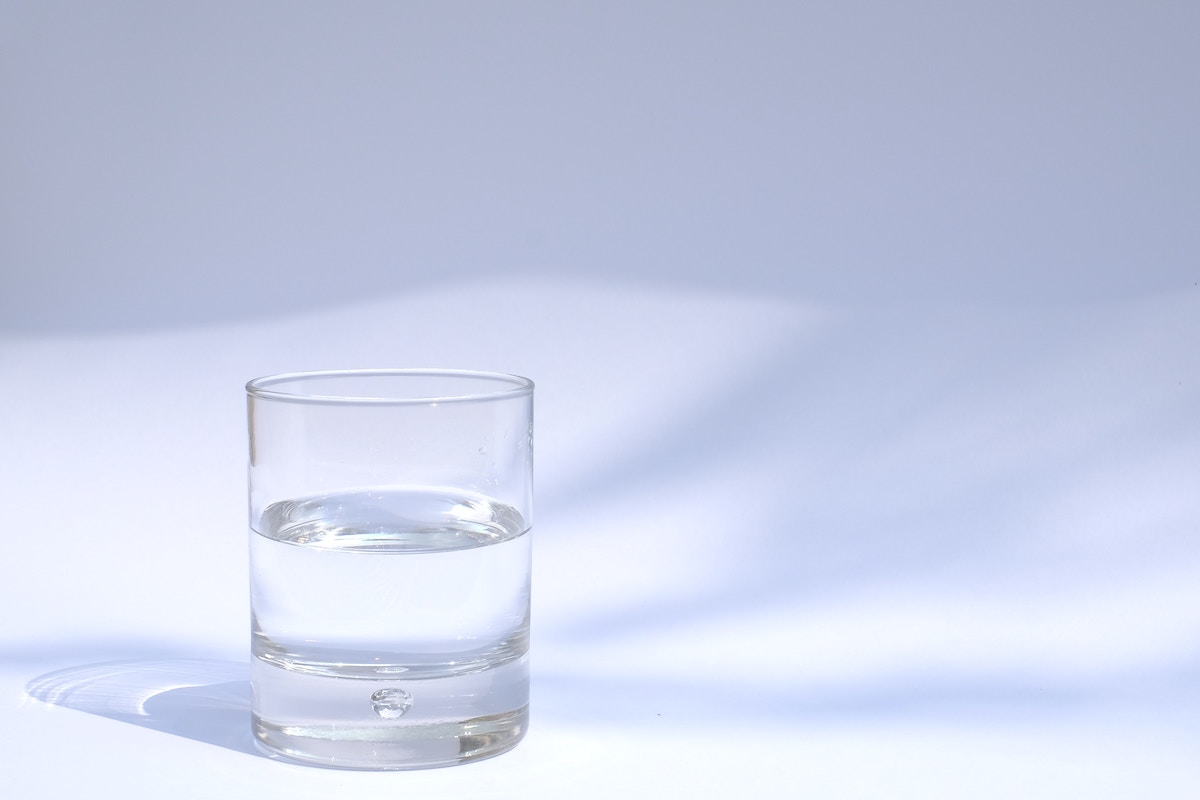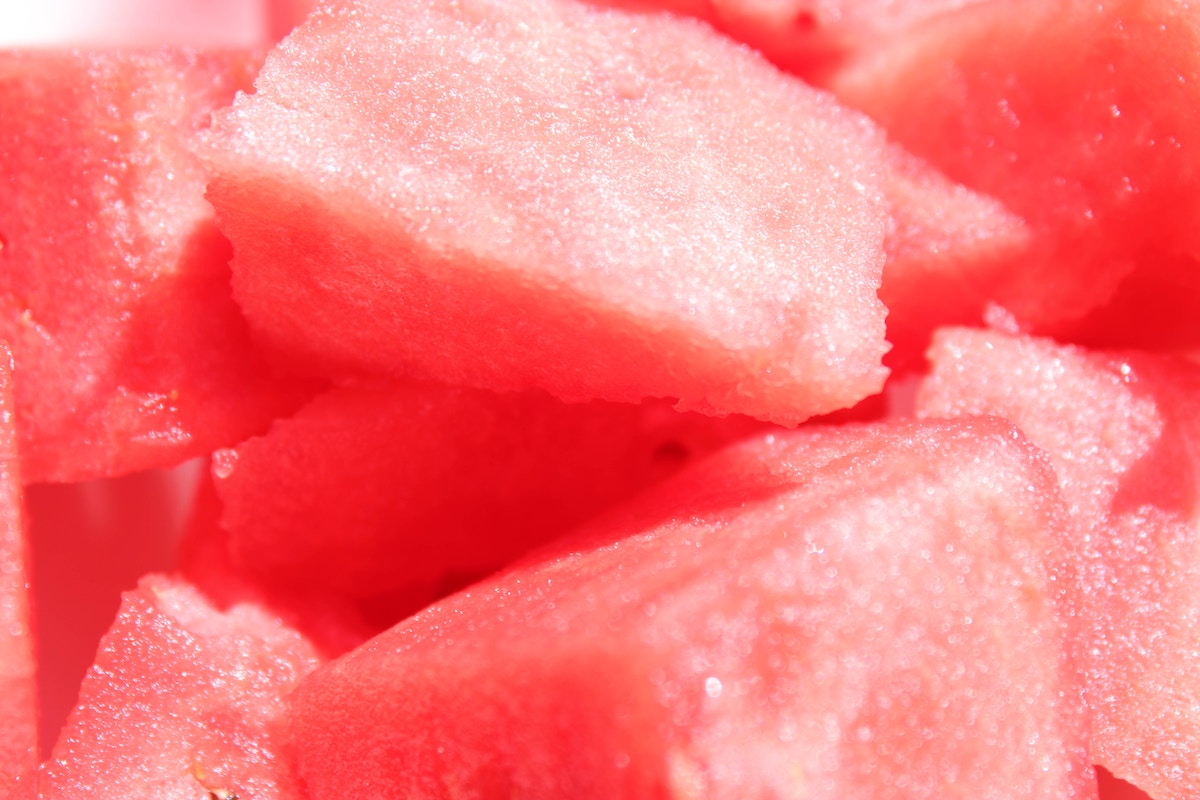
How much water should you drink in a day? The standard answer is eight eight-ounce glasses.
Except the recommendation is a misnomer. The guidance to consume eight glasses of water daily began in the 1940s when the Food and Nutrition Board recommended that people drink eight water glasses daily. The caveat? The water didn’t have to be in a glass. The guidance also noted, “Most of this quantity is contained in prepared foods.” (Fruits and vegetables, like the appropriately-named watermelon, are mostly water.) Also, the definition of eight glasses of water daily was 2.5 liters (84.5 ounces), 20.5 ounces more than the 64 ounces contained in eight eight-ounce cups.
Those recommendations emerged in the 1940s, and research and knowledge have evolved since. What are the current recommendations for daily water intake? The answer isn’t cut and dry.

How much water should you drink in a day?
The answer to this question varies. Though the often-given advice is to consume eight eight-ounce glasses of water daily, that number is a low watermark and not the recommended baseline. The National Academies of Science, Engineering, and Medicine recommended that men consume 125 ounces of water (3.7 liters) and women take 91 ounces (2.7 liters) daily in 2004.
The U.S. Department of Agriculture recommends water intake based on age, sex, and health status. The Department also advises people who live in hot climates or engage in prolonged exercise to up their water intake. The Department’s recommendation for adult men is slightly lower than the National Academies of Science, Engineering, and Medicine: 91 ounces (2.7 liters) for both sexes.

Does water intake have to come from drinking water?
No. Fluid consumption doesn’t necessarily need to be through plain drinking water. The U.S. Department of Agriculture notes that people typically consume 20% of their daily water intake through foods.
In 2007, researchers noted that the correct fluid intake can usually be obtained through juice, milk, and caffeinated drinks and noted that drinking too much water can lead to water intoxication. The CDC suggests low or no-calorie drinks, such as fat-free milk (juice and caffeinated beverages like soda can be high in calories).

What are the benefits of drinking water?
Our bodies are comprised of mostly water (60%). Replenishing fluids throughout the day is essential for:
- Body temperature regulation
- Joint and tissue health
- Spine health
- Elimination (urine, sweat, and bowel movements)
- Digestion
- Keeping blood pumping
You may feel dehydrated if you’re dizzy, have a dry mouth, or have dark-colored urine. Increasing your water intake can feel like a steep hill to climb, but it does not have to be. A few simple ways to up your water intake include:
- Carry a large water bottle with you. A large water bottle makes it easy to sip throughout the day.
- Infuse water with flavor. Water can get boring. Infuse it with low or no-calorie, natural flavorings like fresh herbs, mint, or whole fruits. Frozen berries make a tasty alternative to ice cubes.
- Drink water during meals. Swap water for sugary or alcoholic beverages (or no beverages) during meals.
If you’re struggling to consume the right amount of water, speak with your doctor, who can provide more tips and help you develop a baseline for how much you need daily.



